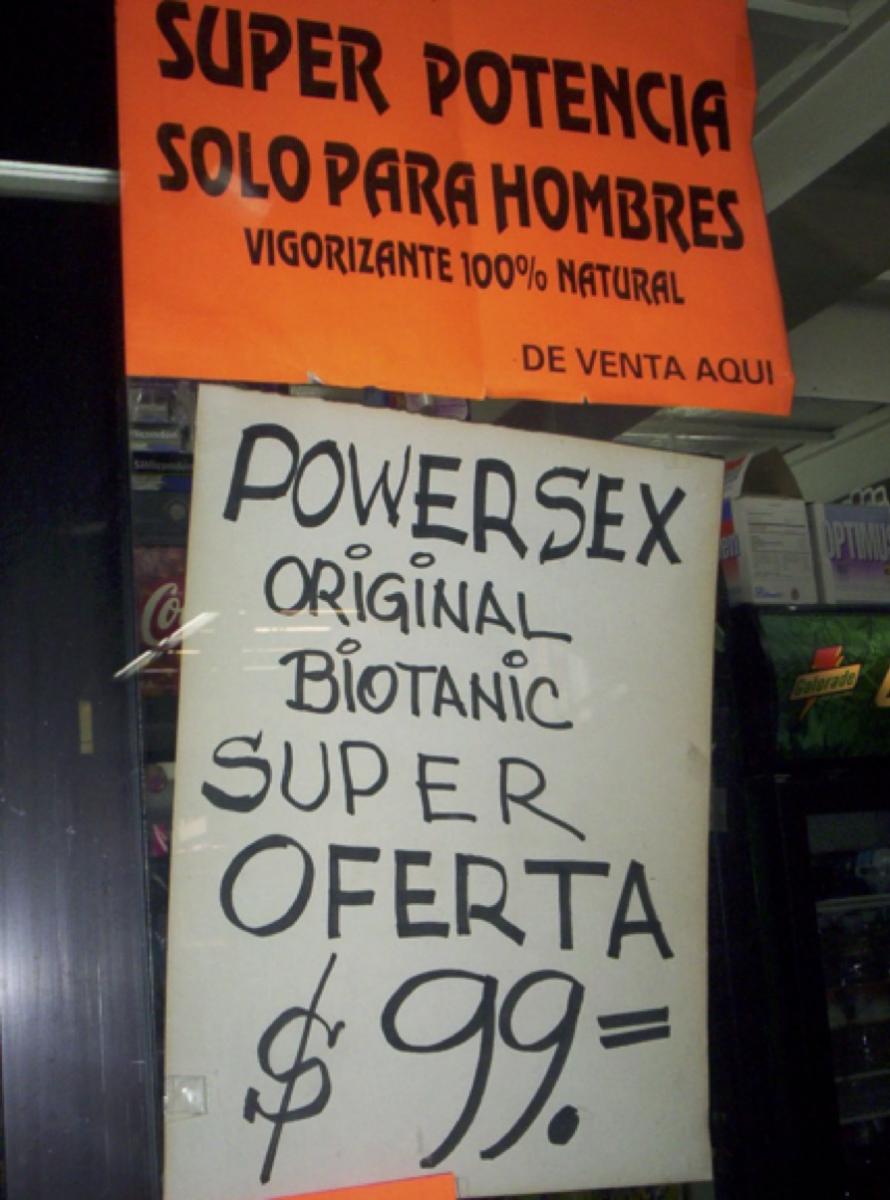ANTHROPOLOGY COLLOQUIUM SERIES
Dr. Emily Wentzell
Assistant Professor, Department of Anthropology, University of Iowa
'Embodying social change through medical research participation in Mexico'
Monday, February 8, 2016, at 1:00pm in the Anthropology Lounge, 3106 WWPH
In this talk I discuss Mexican couples’ incorporation of men’s sexual health research participation into their efforts to be “good” spouses, parents and citizens amid societal crisis. This research is set in the Cuernavaca arm of the HIM study, a longitudinal, observational study of human papillomavirus occurrence in men. HIM participants undergo intense surveillance, giving genital skin samples and receiving test results biannually for four years. HIM participants engaged in this project at a time of great change in their central Mexican city. In Cuernavaca, “macho” masculinities have been hotly critiqued and more egalitarian gender norms and emotionally intimate marriage have become ideal. At the same time, economic inequality, government corruption, and an emerging narco-violence crisis have challenged middle class research participants’ security and hopes for their nation’s future. Drawing on interviews with heterosexual male HIM participants and their partners done throughout the course of men’s HIM study enrollment, I argue that couples incorporated this ostensibly individual medical experience into broader, collaborative efforts to perform desirably modern forms of personhood. These included anti-macho masculinities and health behaviors, progressive marriages, and emotionally engaged parenting. Medical research participants and their partners also sought to model these gender and relationship norms for their children and the broader society. Their efforts drew on local ideas of the Mexican population as racially homogenous, which both made Mexican men vulnerable to innate but problematic machismo, and enabled medical research participants to view themselves as parts of a bio-social whole which they could shift toward health-promoting modernity through their own actions. In this context, seemingly individual and isolated medical research enabled people to embody desired social changes and counter threatening ones, as a way to care for their spouses, children, and an imperiled society.

Location and Address
Anthropology Lounge - 3106 WWP